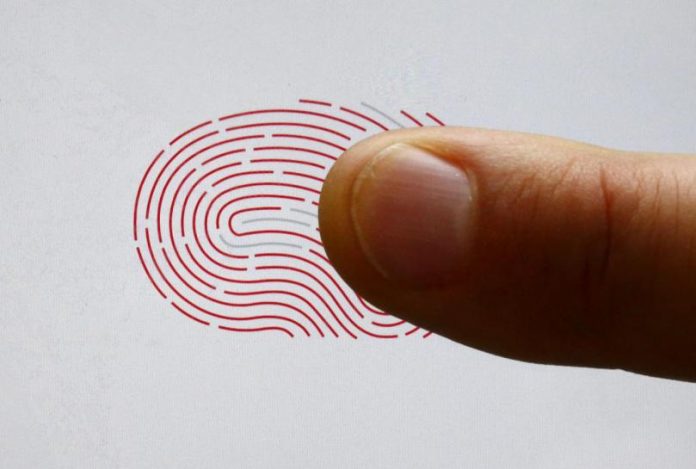The Narendra Modi government in India is pushing the country’s citizens to link their digital ID Aadhaar with a range of services such as cellphone connections and credit card, even as the Supreme Court hears a petition seeking to limit the scope of the world’s largest biometric database.
Nearly 1 billion people had already signed up before the Supreme Court passed a landmark ruling in August on privacy which strengthened the case against making Aadhaar mandatory.
Aadhaar is a 12-digit number uniquely assigned to all India residents which also encompasses, biometric information like fingerprints and iris scans in addition to demographic details.
The upcoming hearing will only focus on the deadlines for the linkages, with the legality of it expected to be reviewed next year.
PM Modi who had rejected Aadhaar while in opposition, has since embraced it extending its scope beyond its initial vision.
Government Claims Multiple Benefits of Aadhar
Indians are being asked to link their Aadhaar to:
- Permanent Account Numbers, which help track tax filings
- Bank accounts, credit cards,
- Insurance policies, mutual funds, & pension plans
- Social welfare benefits such as cooking gas subsidies
- Mobile numbers
The court is expected to decide shortly on the validity of government’s requirement to meet the deadlines set for linking these accounts with Aadhar.
In a hearing last month, the SC bench asked the banks and other companies to stop scaring customers after people complained of the constant stream of emails and messages that warned them that failing to comply would result in frozen accounts or invalidated SIMs.
Government officials claim that the usage of Aadhar has saved billions of dollars as a result of cash transfers and better targeting the beneficiaries of subsidized food.
But critics point to the dangers of data leaks and unfair exclusions.
Saksham Khosla, an analyst at Carnegie India said that the many cases of genuine beneficiaries being excluded and the issue of Aadhar numbers being exposed made it clear that there was a need for “more substantive privacy protections” and also for a grievance redressal systems.
He added that the Supreme Court could possibly mandate “critical safeguards.”
Some activists say that the linking of Aadhar to various services is likely to give government access to a range of information on individuals which may violate their privacy.
Linking Will Create A Surveillance State
In an earlier hearing, an activist Shyam Divan alleged that the Aadhar Act “lays the framework for real time surveillance of every Indian.”
Enrolments to Aadhaar have gone up by about 80 million in the past year with increasing pressure to link the number in order to receive various services and benefits.
According to media reports, there are many cases of poor or disabled citizens being unable to access social services or pensions due to not possessing an Aadhaar number .
Worrisome Data Leaks
The Aadhaar program has also been plagued with allegations of data leaks, particularly after it was found that personal details of users were publicly available on government websites.
The administrating body of Aadhaar – Unique Identification Authority of India – has denied any presence of database vulnerabilities.
Privacy experts believe that the Supreme Court’s ruling that privacy was a fundamental right could dampen government’s drive to link the digital ID.
The right to privacy according to activists will mean the government will not be in a position force Indian citizens to submit their biometric data to the government for enjoying basic government services.





